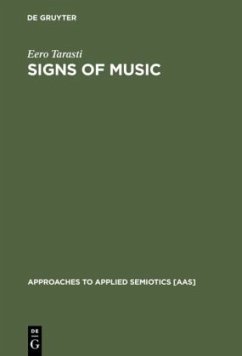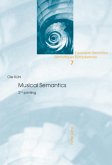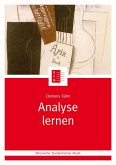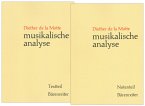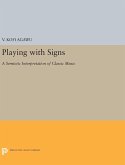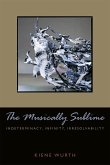Music is said to be the most autonomous and least representative of all the arts. However, it reflects in many ways the realities around it and influences its social and cultural environments. Music is as much biology, gender, gesture - something intertextual, even transcendental. Musical signs can be studied throughout their history as well as musical semiotics with its own background. Composers from Chopin to Sibelius and authors from Nietzsche to Greimas and Barthes illustrate the avenues of this new discipline within semiotics and musicology.
Hinweis: Dieser Artikel kann nur an eine deutsche Lieferadresse ausgeliefert werden.
Hinweis: Dieser Artikel kann nur an eine deutsche Lieferadresse ausgeliefert werden.
"'Signs of Music: a guide to musical semiotics' von Eero Tarasti ist ein Buch, das sein Versprechen erfüllt. Es ist eine motivierende Lektüre, sowohl für diejenigen, die zum ersten Mal mit dieser neuen Disziplin in Berührung kommen, als auch für die in diese Materie bereits eingeweihten. Das faszinierende hervortretende Feld Musiksemiotik ist ein vielfältiger und komplexer Diskurs und Metadiskurs über Musik und Zeichen in Bezug auf Ästhetik, Geschichte, Komposition, Interpretation, Kommunikation, Praxis, usw. Eero Tarasti verbindet wissenschaftliche Genauigkeit mit Offenheit und bietet hier eine Grundlage für weitere Entwicklungen." - Paulo C. Chagas in: Forum Musikbibliothek, Kromsdorf/Weimar, 1/2003

